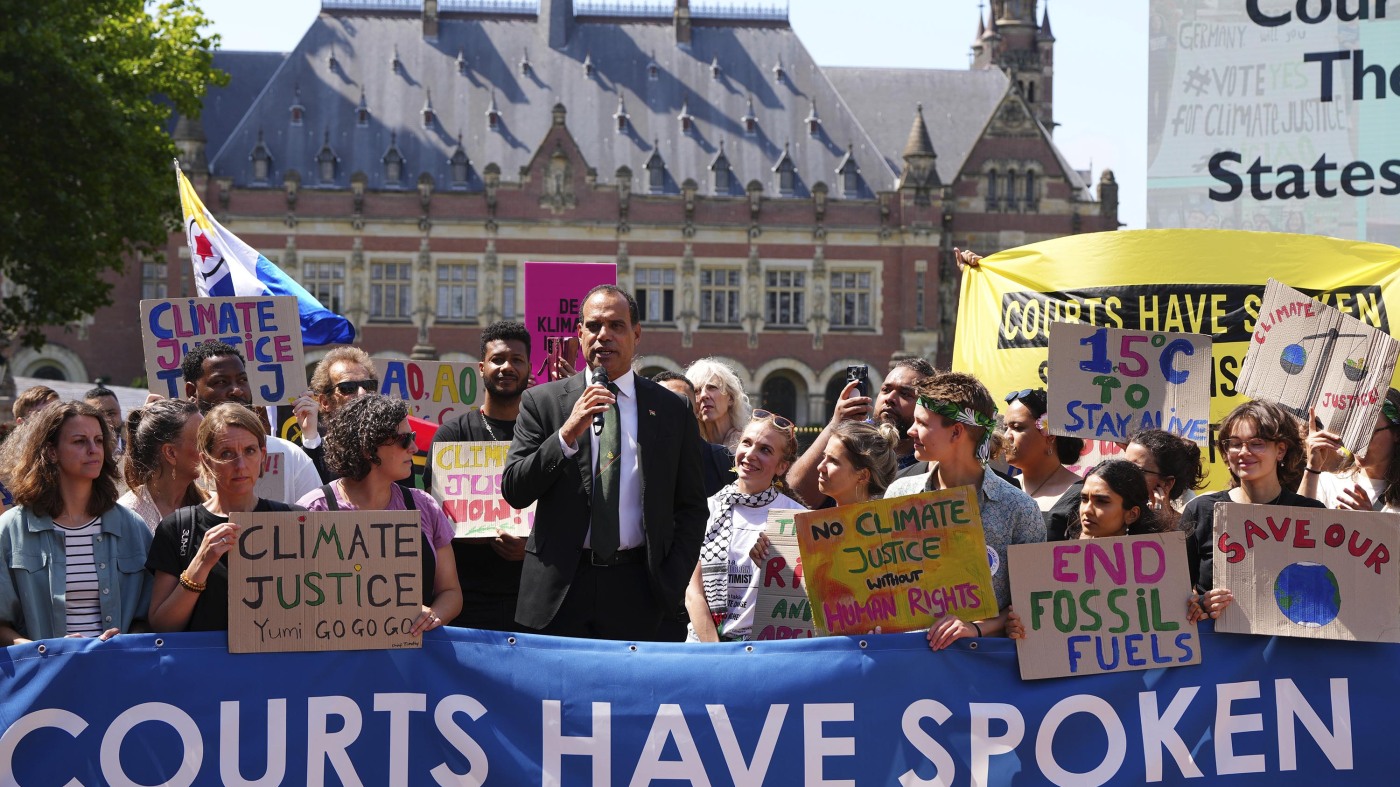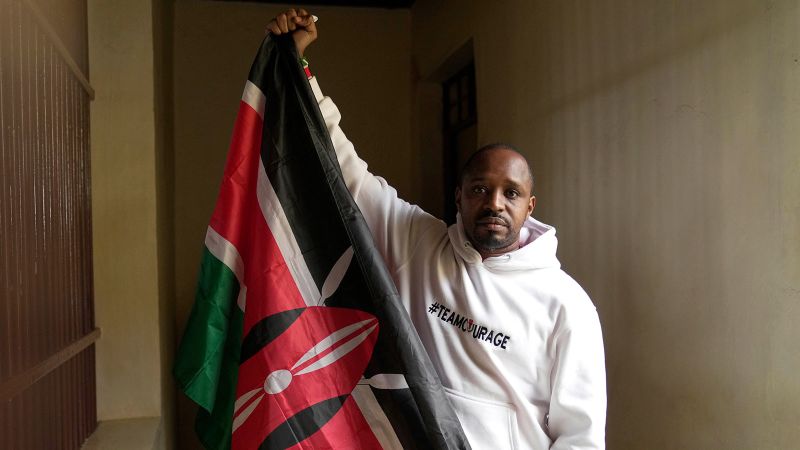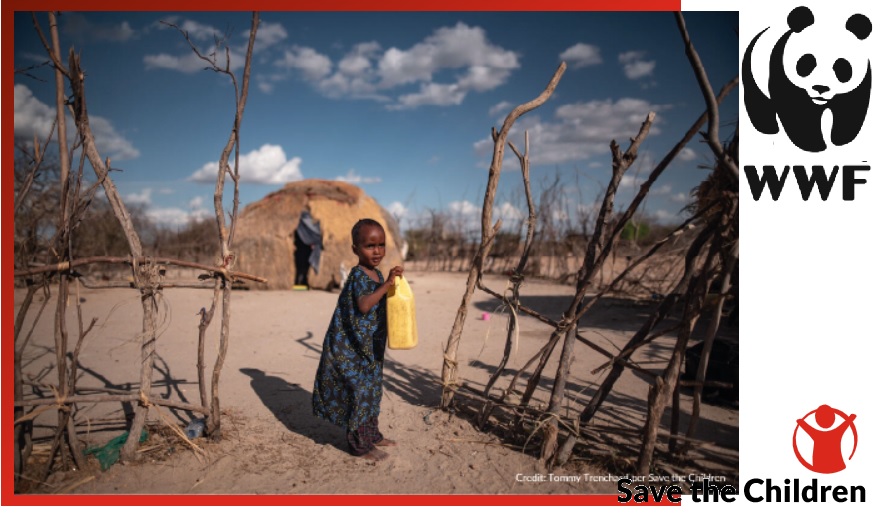T4K3.news
Nations must act on climate or face legal repercussions
The International Court of Justice ruled that nations are obligated to limit climate change under international law.

The International Court of Justice has ruled that nations must limit climate change or face legal consequences.
Nations face accountability for climate change under new court ruling
The International Court of Justice ruled that countries are required under international law to take action against climate change. This landmark decision implies that nations failing to mitigate climate impacts could be held financially responsible for damages elsewhere. Small island nations, notably Vanuatu, championed this cause, advocating for stronger international climate commitments. This ruling is advisory but could pave the way for more global climate lawsuits. Experts see it as a potential catalyst for future climate litigation.
Key Takeaways
"This being really the biggest case that we have seen in climate litigation, the status and the weight of the court can really influence a lot of these cases."
Maria Antonia Tigre highlights the case's significance in shaping climate litigation.
"Today it's been a landmark milestone for climate action."
Vanuatu's climate minister expresses the ruling's importance for global climate efforts.
"To guarantee the effective enjoyment of human rights, states must take measures to protect the climate system."
Judge Yuji Iwasawa explains the court's ruling on the obligations of states.
"We find ourselves on the front lines of a crisis we did not create, a crisis that threatens our very existence."
Ralph Regenvanu underscores the plight of Vanuatu amid the climate crisis.
This ruling marks a significant shift in international climate law, placing legal pressure on major polluters. While formal obligations may remain ambiguous, the implications of this decision can amplify calls for accountability, particularly from vulnerable nations suffering the brutal consequences of climate change. The ruling has energized activists and nations alike, suggesting a formidable shift in international diplomacy centered around climate obligations. Such frameworks could redefine how nations interact, influencing future negotiations and climate policies.
Highlights
- Nations now face accountability for failing to act on climate change.
- This ruling is groundbreaking for climate litigation.
- The fight for climate justice needs momentum from this decision.
- Vanuatu stands as a beacon for vulnerable nations in climate discussions.
Legal implications of nations failing to act on climate
Countries may face financial accountability for climate damage, creating a contentious dynamic in international relations. This ruling may intensify negotiations and lead to conflicts over liability in climate-related damages.
This ruling emphasizes the urgent need for a global response to climate challenges.
Enjoyed this? Let your friends know!
Related News

World court issues landmark ruling on climate responsibility

ICJ ruling could empower climate reparations

Documents revealed risks of Iraq invasion for Blair

Kenya's Boniface Mwangi granted bail after serious charges

US begins controversial deportations to African nations

ICJ rules on climate inaction and international law

Air traffic control systems restored but disruptions expected

Criminal trial postponed as defendant contests attorney's authority
